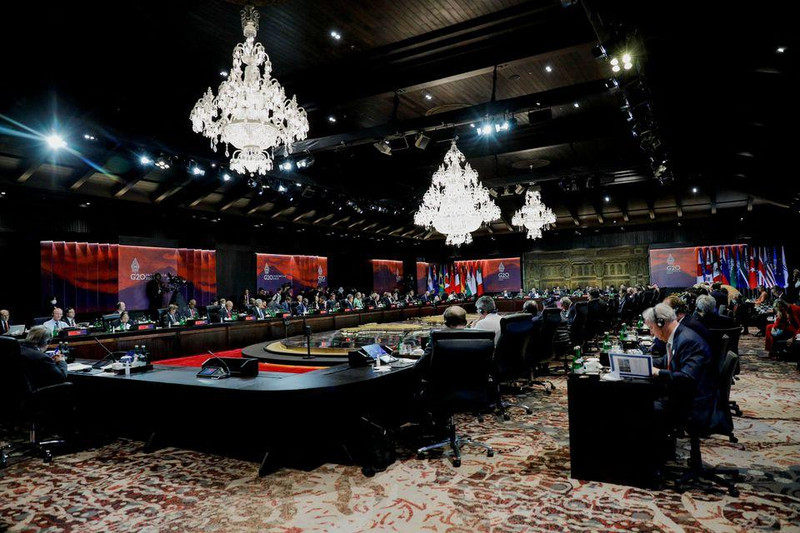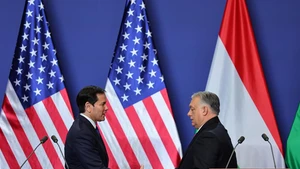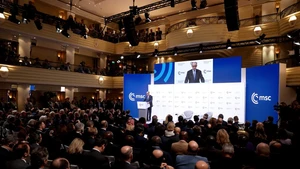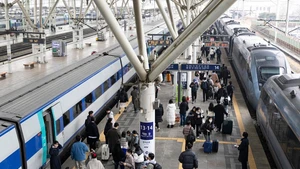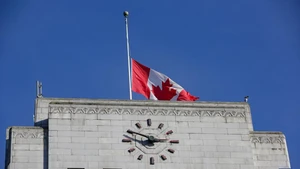With funding and cooperation commitments made at the summit, G20 leaders showed their appreciation of the importance of infrastructure investment in low-and middle-income countries, as well as key issues such as climate and energy transition.
On the side-lines of the G20 Summit, the US, Indonesia and the European Union (EU) co-organised the event “Partnership for Global Infrastructure and Investment (PGII)”. This initiative was announced by the leaders of the world's leading industrialised countries (G7) in June to mobilise 600 billion USD between now and 2027 towards the fulfilment of their commitment to help low and middle-income countries in infrastructure upgrading.
In a joint statement, US President Joe Biden and his Indonesian counterpart Joko Widodo and European Commission (EC) President Ursula von der Leyen reaffirmed their shared commitment to strengthening global partnerships for high-standard investments in sustainable, transparent, and high-quality infrastructure in low and middle-income countries.
During the event, the co-organisers and participants, including Argentina, Canada, France, Germany, India, Japan, Korea, Senegal and the UK, also announced new projects and forms of cooperation for investment in key areas such as climate and energy transition, digital connectivity, health, education, gender equality, and transportation.
The US, G7 and the International Partnership Group (IPG - consisting of Canada, Denmark, EU, France, Germany, Italy, Norway and the UK) have launched the Just Energy Transition Partnership (JETP) with Indonesia, worth 20 billion USD, to accelerate the energy transition in the Southeast Asian nation's power sector.
Indonesian President Joko Widodo affirmed that, as the President of the G20 this year and the ASEAN Chair next year, Indonesia will ensure that developing countries benefit from this transformative global initiative, by working closely with partners in ASEAN and in the Indo-Pacific region to deliver the vision of the Partnership for Global Infrastructure and Investment as well as realise the vision of the G20 Presidency in 2022.
As a co-starter of a partnership with the G7 and Nordic countries to help Indonesia, one of the world's biggest greenhouse gas emitters, move away from coal, Canada also announced its commitment to supporting developing countries in upgrading their infrastructure and transitioning to a green economy.
Canada plans to designate 750 million CAD (565 million USD) for a state-owned consortium to finance infrastructure projects in Asia over a three-year period, starting in March 2023. This is the largest funding deal that the ruling Liberal Party in Canada has committed as part of Ottawa’s upcoming Indo-Pacific strategy, and as part of the G20 project to help low-and middle-income countries get safer and more sustainable cities.
The commitments made by the developed countries in the G20 at the summit showed the bloc's determination to take the lead in efforts to address common challenges. The important mission of the G20 countries is the role of leading the world through crises to a sustainable recovery, including providing finance to help poor countries overcome the current difficult period.
